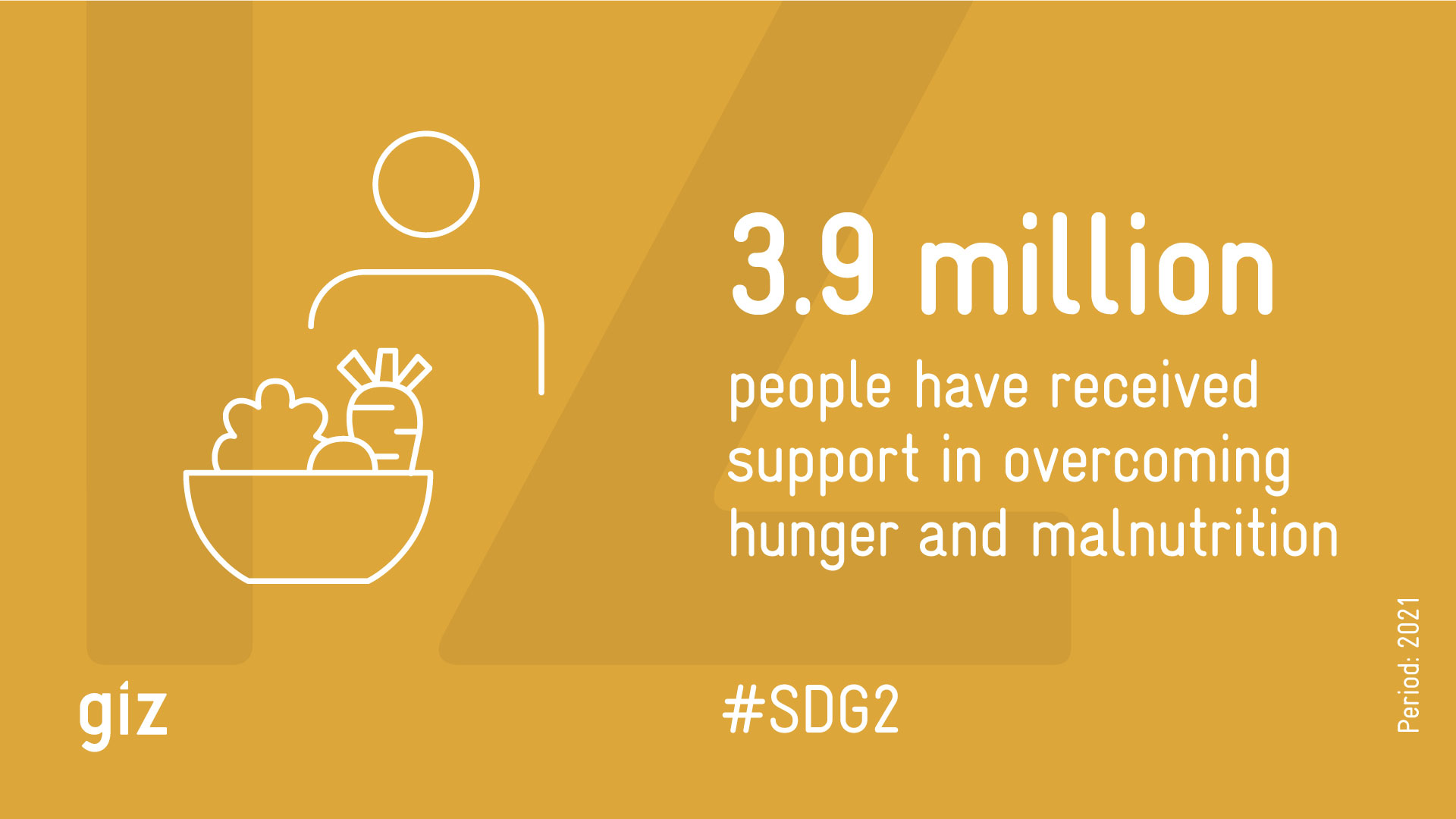
Social innovation refers to developing and implementing new ideas and solutions that address social problems and challenges.
It involves creating innovative approaches and practical solutions to social issues such as poverty, inequality, and environmental degradation. In recent years, social innovation has gained widespread attention as a way to achieve positive change in society.
What is Social Innovation?
Social innovation is about finding new and innovative ways to solve social problems. It involves developing and implementing new ideas, products, and services that address social needs and challenges. Social innovation is not just about coming up with new ideas; it also involves putting those ideas into practice and making a real difference in people’s lives.
Examples of Social Innovation
Social innovation can take many forms, including new technologies, business models, and community-based initiatives. One example of social innovation is microfinance, which provides small loans to individuals who do not have access to traditional banking services. Another example is social enterprises, which prioritize creating social impact over profit.
The Role of Social Innovation in Society
Social innovation is critical in addressing social challenges and achieving positive societal change. It can help to create more equitable and sustainable communities, reduce poverty and inequality, and promote environmental sustainability. Social innovation also fosters creativity and collaboration, bringing together diverse groups of people to solve complex social and ecological problems.
The Importance of Collaboration in Social Innovation
Collaboration is a key element of social innovation. Social problems are complex and require a multidisciplinary approach to solve them. Collaboration between different stakeholders, including governments, businesses, nonprofits, and communities, can bring together diverse perspectives and resources to create innovative solutions.
Challenges and Opportunities in Social Innovation
Social enterprise innovation faces several challenges, including a lack of funding and support, regulatory barriers, and awareness and understanding of social enterprise value and its potential benefits.
However, there are also many opportunities for social innovation, including new technologies, the growing importance of social impact in business, and increased public awareness of social issues.

Implementing Social Innovation: Best Practices and Strategies
Social innovation can be a powerful tool for addressing social challenges and creating positive change. However, implementing social innovation in organizational form can be a complex process that requires careful planning and execution.
This section will discuss some best practices and strategies for successfully implementing social innovation in the organizational form.
Understanding the Context
Before embarking on a social innovation project, it is essential to understand the context in which it will take place. This involves identifying the social problem or challenge the project will address and the broader social, economic, and political factors that may impact its success.
In addition, understanding the context can help identify potential barriers and opportunities for social innovation.
Engaging Stakeholders
Social innovation requires collaboration and engagement with various stakeholders, including governments, businesses, private sectors, nonprofits, charter schools, and communities.
Engaging stakeholders throughout the social innovation includes process can help build support and buy-in for the project and identify potential funding sources and other resources.
Co-Creation and Co-Design
Co-creation and co-design involve working with stakeholders to develop innovative solutions that meet their needs and address social and environmental issues and challenges.
This approach can help ensure that the solutions developed are relevant and effective and that they are supported by the people they will impact.
Iterative Testing and Evaluation
Social innovation is an iterative process that involves testing and refining solutions over time. This process can help to identify potential challenges and barriers early on and to make adjustments to the project as needed.
Evaluation and monitoring are also critical components of social innovation, as they can help measure the project’s impact and identify opportunities for improvement.
Leveraging Technology
Technology can be a powerful tool for social innovation, enabling new forms of collaboration, communication, and data analysis.
Technologies such as blockchain, artificial intelligence, and the Internet of Things (IoT) can develop innovative solutions to social challenges and increase the efficiency and effectiveness of social programs and public services everywhere.

Benefits of Social Innovation
Social innovation can bring numerous benefits to individuals, communities, and society. This section will discuss some of the key benefits of social innovation.
Addressing Social Challenges
One of the primary benefits of social innovation is its ability to address social and environmental challenges and create positive change in a sustainable world. Social innovators can develop innovative solutions to a wide range of social and environmental issues everywhere, from poverty and inequality to environmental degradation and public health.
Improving Efficiency and Effectiveness
Social innovation can also improve the efficiency and effectiveness of social programs and services. By developing innovative solutions that are tailored to the needs of communities and individuals, social innovators can create programs and services that are more effective and efficient than traditional approaches.
Promoting Collaboration and Partnership
Social innovation often requires collaboration and partnership across different sectors and stakeholders in the nonprofit world. This can help to build relationships and networks between individuals and organizations and to foster a sense of community and shared purpose across the nonprofit world, sector, and world.
Driving Economic Growth and Job Creation
Social innovation can also drive economic growth and job creation. By developing new products, social services, social processes, and business models, social innovators can create new economic opportunities for profit and jobs, particularly in underserved and marginalized communities.
Fostering Innovation and Creativity
Finally, social innovation can broadly foster innovation and creativity in a prosperous society. By encouraging experimentation and risk-taking, social innovation can help unlock new ideas, social innovations, and approaches that can potentially create significant positive change.

Social Innovation and its Impact on Society
Social innovation is a process that aims to develop new solutions to social problems by involving a wide range of stakeholders, including individuals, communities, governments, and the private sector. In this section, we will discuss the impact of financial value, social value, and social innovation on society.
Addressing Social Challenges
Social innovation can help address various social challenges, including poverty, inequality, environmental degradation, public health, and education. Social innovation can create positive change in these areas by involving many stakeholders and developing innovative solutions.
Creating a Sense of Community
Social innovation can also create a sense of community by bringing together individuals, business leaders, and organizations from different sectors and backgrounds. This can help to foster a sense of shared purpose and encourage collaboration and partnership.
Encouraging Experimentation and Risk-Taking
Social innovation encourages experimentation and risk-taking, which can lead to new ideas and approaches. By providing a space for individuals and organizations to try new things, social innovation can unlock creativity and innovation that might not be possible in more traditional settings.
Improving Efficiency and Effectiveness
Social innovation can also improve the efficiency and effectiveness of social programs and services. By developing solutions that are tailored to the needs of communities and individuals, social innovators can create programs and services that are more effective and efficient than traditional approaches.
Driving Economic Growth and Job Creation
By developing new products, services, and business models, social innovation can drive economic growth and job creation. By focusing private resources on underserved and marginalized communities, social innovators can create new economic opportunities and jobs where they are needed most.
Promoting Sustainable Development
Finally, social innovation can promote sustainable development by developing environmentally and socially sustainable solutions.
By considering their solutions’ long-term impact and social value, environmental standards, and corporate social responsibility, innovators can create solutions for for-profit organizations that promote environmental sustainability and social justice.

Examples of Social Innovation
There are many examples of social innovation that have had a positive impact on civil society itself. One such example of social progress is microfinance, which provides small loans to individuals who cannot access traditional banking services.
Microfinance has helped to reduce poverty and promote economic growth in many developing countries.
Another example is community-supported agriculture, which connects local farmers with consumers to provide fresh, healthy, and locally-grown food. Community-supported agriculture promotes sustainable agriculture and supports local economies.
Social innovation can also take the form of technological innovations, such as mobile applications providing access to healthcare and social services anywhere or social media platforms facilitating communication and collaboration between individuals and organizations.
Challenges and Limitations
Despite its potential, social innovation also faces challenges and limitations. One major challenge is the lack of funding and support for social innovation projects. Unlike traditional business ventures, social innovation projects often struggle to attract funding from investors and philanthropic organizations.
Another challenge is the difficulty of measuring and evaluating the impact of social innovation projects. Because social innovation often occurs in complex and dynamic social environments, it cannot be easy to quantify its impact and assess its effectiveness.
Finally, political and social implications and regulatory barriers can limit social innovation. In some cases, government policies and regulations can limit the ability of social innovators to implement new solutions and approaches.

Social Innovation: Changing the World One Idea at a Time
Social innovation is a concept that has gained significant traction in recent years as a means of addressing complex social problems. It involves developing and implementing new ideas, products, social services, and processes that create positive social change.
This can include everything from developing new technologies that improve access to healthcare to implementing new business models that address poverty.
The Importance of Social Innovation
Social innovation is important because it addresses some of the most pressing social challenges facing today’s world. It allows us to develop new solutions that can have a lasting impact on the lives of individuals and communities.
In addition, social innovation encourages collaboration between public, private, and nonprofit sectors to create more effective and sustainable solutions.
Examples of Social Innovation
Many examples of social innovation have had a significant impact on the world. One example of social innovation is the Gavi Alliance, a public-private partnership that has helped to increase access to vaccines in some of the world’s poorest countries.
Another example of social innovation is Kiva, a nonprofit organization that provides microloans to entrepreneurs in developing countries.
Innovative Approaches to Social Change
There are many different approaches to social innovation, each with strengths and weaknesses. Some of the most innovative approaches include:
- Design Thinking: This approach uses a creative and iterative process to develop new solutions to social problems. It emphasizes empathy and stakeholder collaboration to ensure user-centered and practical solutions.
- Social Entrepreneurship: This approach involves creating a new business model or venture with a core social or environmental mission. It can include developing new products or services or finding new ways to deliver existing ones.
- Open Innovation: This approach involves collaborating with various stakeholders, including individuals, businesses, and governments, to develop new solutions. It encourages sharing ideas and resources to create more effective and sustainable solutions.
The Future of Social Innovation
The future of social innovation looks bright, with many exciting developments. As technology evolves, we will likely see more innovative solutions that use data, artificial intelligence, and other cutting-edge technologies to address social problems. We are also likely to see more collaboration between different sectors and an emphasis on user-centered design and innovation.

Innovation is a crucial driver of economic growth and social progress. Social innovation, in particular, seeks to develop and implement solutions to pressing social issues that the traditional systems have failed to address. In this regard, social innovation has emerged as a new way of thinking about social problems, where innovation is used to manage the root causes of problems rather than just treating the symptoms.
The Importance of Collaboration in Social Innovation
Collaboration is a critical element of social innovation. It involves working with various stakeholders, such as community members, nonprofit and charitable organizations, businesses, and government agencies, to develop innovative solutions to social problems.
Collaboration brings different perspectives, experiences, and resources together, which can lead to more comprehensive and practical solutions. Collaboration also fosters buy-in and ownership of solutions, ensuring sustainability and scalability.
Social Innovation and Sustainability
Social entrepreneurship and innovation strategy have been touted as a driver of sustainability in various fields, including agriculture, energy, and transportation. By developing innovative approaches to these fields, social entrepreneurship and innovation can help create a more sustainable future for all.
For instance, social innovation can be used to develop and promote sustainable energy practices, such as renewable energy technologies. It can also create innovative and sustainable agricultural practices that reduce the carbon footprint and promote food security.
Social Innovation and Digital Transformation
Digital transformation is rapidly changing the way we live, work, and interact with each other. Similarly, digital transformation is changing how social problems are addressed. Digital technology makes social innovation more efficient, accessible, and impactful.
It facilitates collaboration among various stakeholders, provides access to new data sources, and creates new channels for participation and engagement. For example, social media has become essential for social innovation, enabling people to connect, share ideas, and collaborate on projects in real-time.
The Role of Social Innovation in Building Resilient Communities
Social innovation plays a vital role in building resilient communities. Resilience refers to the ability of individuals, communities, and systems to adapt and recover from shocks and stresses, such as natural disasters, economic downturns, and social crises. Social innovation can help build resilience by developing and implementing innovative solutions that address these challenges.
For example, social innovation can be used to create new models of social service delivery that are more resilient and responsive to the needs of communities. It can also be used to develop innovative financing models that support the growth of small businesses and help create local jobs.
Additionally, social innovation can be used to develop new approaches to disaster preparedness and response, such as using data and technology to improve communication and coordination among first responders.
The Role of Social Innovation in Addressing Global Challenges
Social innovation also plays a vital role in addressing global challenges like climate change, poverty, and inequality. These challenges are complex and interconnected, requiring an innovative approach and sustainable and scalable solutions.
Social innovation can help address these challenges by developing and implementing an innovative system that approaches existing solutions that promote social and environmental sustainability.
For instance, social innovation can be used to further environmental standards and develop innovative financing mechanisms that support climate change mitigation and adaptation efforts. It can also be used to create new models of social enterprise that promote social inclusion and reduce poverty.
Additionally, social innovation can be used to support innovation and encourage sustainable consumption and production practices, such as the circular economy.
The Importance of Measuring the Impact of Social Innovation
Measuring the impact of social innovation is essential to understanding its effectiveness and ensuring that resources are being used effectively. Impact measurement involves collecting and analyzing data on the outcomes and impacts of social innovation initiatives.
This information can then be used to improve social innovation initiatives’ design and implementation and communicate their value to stakeholders.
Various tools and methodologies are available for measuring the social impact of social innovation. These include social return on investment (SROI) analysis, social impact, business performance assessment, and outcome harvesting.
By measuring the social impact of social innovation, we can better understand its potential for creating positive social change and ensure that resources are being used effectively.
Conclusion
Social innovation is a powerful tool for achieving positive change in society. By developing and implementing new ideas and solutions, social innovators can address social challenges and create more equitable and sustainable communities. Collaboration and innovation are critical to the success of social innovation, and by working together, we can create a better future for all.
CoopBusiness is a revolutionary cooperative business-building platform that empowers individuals to become entrepreneurs, business owners, and financially independent.
As a member, you’ll receive top-level business mentorship, access to our proprietary business systems, and the opportunity to access the funds you want to turn your business ideas into reality.